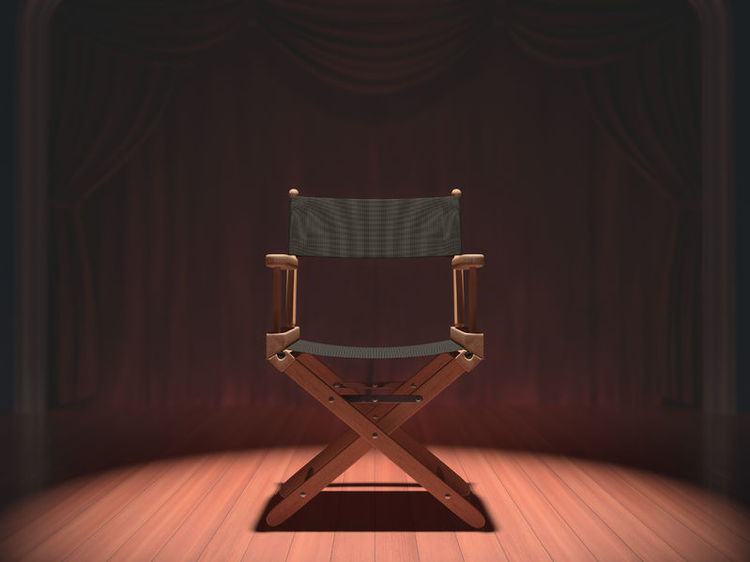A theatre director is a true “maestro” in the sense that they must bring together hundreds of different elements in order to make a play work. Directors bring a unique vision to a production and coordinate everything from performances, stage design, blocking, sound production, lighting and more in order to meld everything together into that cohesive vision.
The best directors achieve a singular effect so that every tiny detail in a stage production harkens back to one idea, much like voices in harmony. With all of these responsibilities, a director will often be forced to focus both on the micromanagement and macromanagement “big ideas” in order to truly achieve dramatic success.
Here are just some of the hats a director will wear when trying to bring their ideas to the stage:
Performance Coach
One of the director’s most familiar roles takes place during their ongoing relationship with their actors. An actor often has thousands — if not millions — of ways to approach their reading of a line on the page. Their director’s biggest job is to not only hone in on a specific reading, but to work with the actor in order to communicate effectively how that reading relates to the overall character and the themes of the work.
These moments of artistic wayfinding can be tricky since they involve a lot of nuance that can be difficult to put to words. An actor may truly feel that they are bringing out the desired effect with their reading, only to have the director tell them to try again. Because of the delicate nature of this relationship, a director must learn how to communicate with people firmly and clearly without ever being cruel or impatient. Many a director struggles with this need to be the “boss” of their talent without being too bossy.
Impressionistic Painter
In impressionism, thousands of tiny strokes work together to create a dazzling, lifelike effect. Theatre productions are similar in that thousands of details must work together in order to create a singular vision. The director must determine how to light a scene, how to make the actors move in ways that facilitate the spoken and unspoken ideas in the script, which props or stage elements help set the scene and what role music will play in breathing life into all of the lines.
Directors will seek out unique ways to combine everything together so that a play someone has seen a million times will have a fresh appeal that plays off of the strength of the unique talent that brought it all together. With new plays never before seen, directors will work with the author to bring their ideas to life while also offering guidance for elements the playwright may not have considered.
Analyst
A producer’s job is to handle the business aspects of a stage production, but that does not mean that directors do not have to get business-like from time to time. Their vision can often take a backseat to logistical conundrums, such as how to shrink a scene’s length to fit under the allotted running time. Another common problem directors struggle with is how to “block” or plan actor movements throughout scenes in ways that work logically while still embodying the emotional components at play. Often times, a director will have an idea that they absolutely love that must get cut in order to get their actor from point A to B in time for the next line to be said.
With all of these duties being fulfilled at once, you can see why being a director is a stressful job. Directors are often asked to take on many different problems at once, but because of their creative problem-solving and the strength of their vision they somehow make it all work.
Come see the fruits of our directors’ hard work in action by attending one of our upcoming performances.

